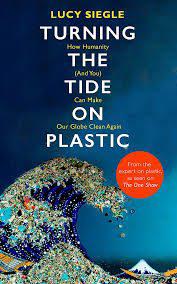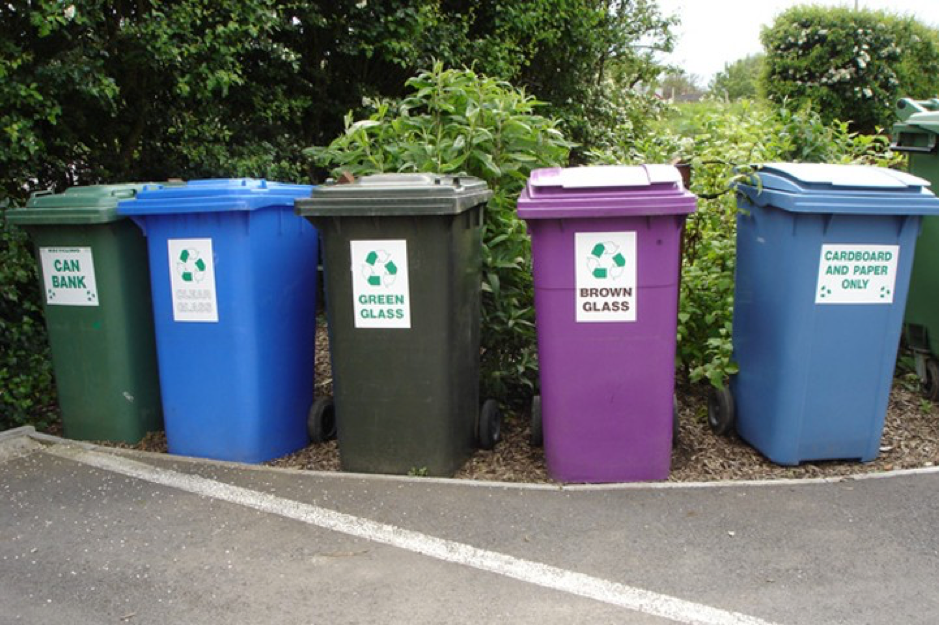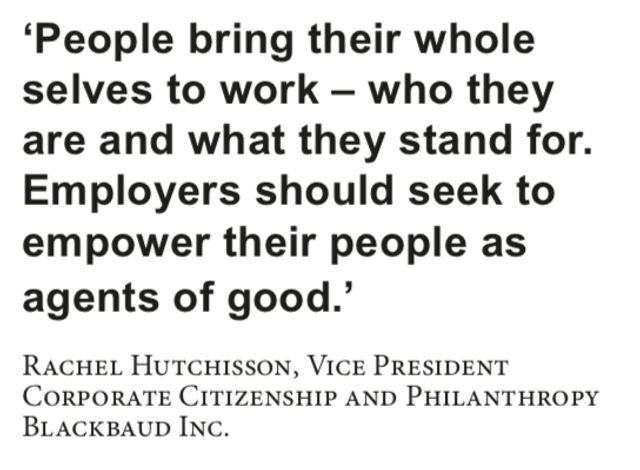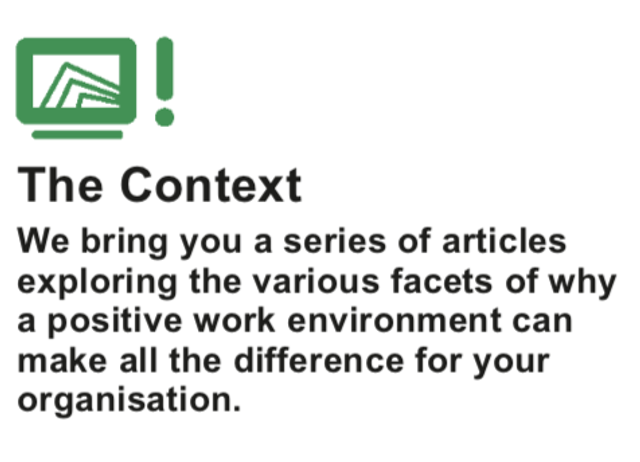Plastic not-so-fantastic: Turning the Tide on Plastic by Lucy Siegle reviewed
Approaching how we deal with plastic could be one of the key environmental issues of our age. In a crucial book, journalist Lucy Siegle lays bare the scale of the issue and provides key ways we can all be plastic-fighting world-changers.
- Written by
- Joe Burnett
- Added
- March 14, 2019


Turning the Tide on Plastic: How Humanity (And You) Can Make Our Globe Clean Again – Lucy Siegle
ISBN: 9781409182986
Published by Orion Publishing Co.
PP: 272
Date: July 26th 2018
As this clip from classic film The Graduate shows, plastic was seen as a miracle substance that would change the world for the better (and make people a lot of money along the way). How wrong that turned out to be…

Journalist, broadcaster and eco-expert Lucy Siegle has had a weekly slot on BBC 1’s The One Show dedicated to battling waste plastic and a decade of experience as the Observer and Guardian’s Ethical Living columnist. Her latest book, Turning the Tide on Plastic, is a primer into the plastic problem and gives useful tools on how we can make meaningful changes in our everyday lives.
I really wish I could have met Lucy Siegle’s grandfather. In the first chapter of Turning the Tide on Plastic, the Observer writer reminisces about how her grandfather would berate her for having plastic toys and even take the time to take items out of their plastic packaging at the till in the supermarket before loading them into his recyclable bags. In 1981, such disdain for the most omnipresent of consumer product materials was shocking and embarrassing for the young Siegle. But as she has since realised, he was a very prescient man. Because, as she eloquently but forcefully explains in this book, plastic is strangling our environment and if we don’t do something about it -fast- we could be well and truly screwed.
And this is why this book is so relevant for would-be world-changers. In our workplaces and homes, we can now have, through Turning the Tide on Plastics, a guide on how to dramatically reduce our consumption of plastic and dispose of it in more environmentally-safe ways.
Siegle’s strength as a writer is that she manages to cut through a very complicated subject to bring a clarity that even someone with no understanding of how plastic works can grasp. I am apparently in the minority in not knowing until I picked up Turning the Tide on Plastic that the stuff is made from oil, but she briskly explains the science without getting bogged down in baffling details. The book’s plan is clear: the first half outlines the depths of the problem we face and how we reached this point, and the second provides practical solutions we can all take on to help reduce our dependency.
It’s hard to look at the plastics crisis without a sense of fatalism and doom. We’ve all seen the reports and programmes or listened to radio programmes and Lucy Siegle’s first part of Turning the Tide on Plastic alone mirrors this potential council of despair.
Just some quotes highlight the scape of what we’re facing: ‘The plastic we throw away in a single year could circle the earth four times […] In the last year alone we’ve produced more plastic than we did during the whole of the last century’. That’s just in the introduction. Further in, she points out that the drive to produce more plastic is continuing full scale, especially in the USA: ‘since 2010, $180 billion has gone into new plastic manufacturing across the Atlantic’. Given most of it is, as mentioned, made from oil, the knock-on effects, not only environmentally but politically and, in the Middle East, militarily are frightening. Where Siegle takes hope from is in our growing awareness (given she’s been a campaigner and investigator of the plastics crisis since 2005, I think she deserves some of the credit). In particular she highlights the effect on our waterways (‘plastic items are the most persistent pollutants in the marine environment’). As images of animals and fish choking on plastics that clog up rivers and seas reach consumers, so do we, the consuming public, take to beaches and rivers to try and deal with the crisis.
What sets Turning the Tide on Plastic apart from a lot of books on this and similar themes is how Siegle sets out clear ways we can all make changes in our lives to reduce our plastic consumption. Having outlined the sheer scale of the issue and detailed what the average plastic footprint in the UK is (about 140kg per person, per year) she starts her manifesto/set of tips by suggesting how we can improve our recycling habits. These are covered by eight Rs: record, reduce, replace, refuse, reuse, refill, rethink and recycle. It’s not an easy mnemonic but she explores each step in detail, from creating a plastics diary to buying recycled goods to looking at how Wales has becoming a pioneering country when it comes to government-led recycling targets. It’s a comprehensive overview of how we as a society can lead by example. And it also reminds us of how much we need lobbying of governments and big business to help turn the tide. It does work: last year the UK government passed legislation that would ensure England (not Wales, Northern Ireland or Scotland) would follow the example of countries like Sweden, Finland and Estonia in providing separate recycling receptacles for plastic bottles.

Siegle also singles out innovators in business, economics and design for praise, including Anna Bullus who has invented a new material partly made from (and you’ll soon see why this stood out) pre-chewed bubble gum and Boyan Slat, a Dutch ‘wunderkind’ who has created strings of floating booms that sift plastics from water. The tide is turning, according to Siegle, but we must all be a part of it.
If you think that the tide has already turned on this issue, Turning the Tide will make you think again. And that’s precisely why this prescient book from Lucy Siegle is so important for SOFII followers – this is one crucial movement wherein you, by your direct actions, really can change the world.



















